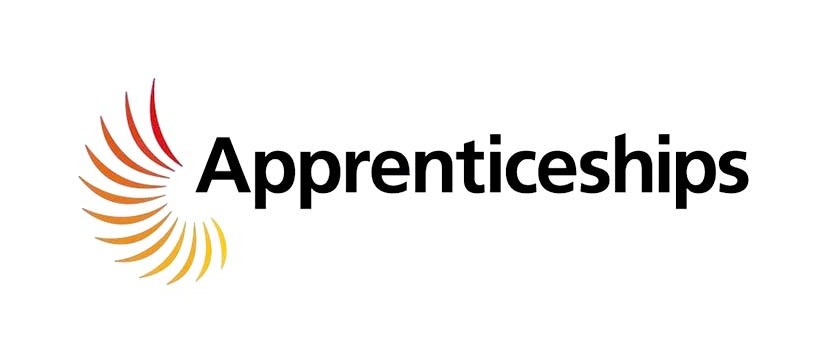“Parenting is the easiest thing to have an opinion on, but the hardest thing in the world to do.” - Matt Walsh
Parents Guide to Apprenticeships
As a parent, you want your child to get the best possible start in their career. There are many options available to young people after they leave school, and in this guide we outline information and benefits about apprenticeships as a key route into a successful career.
What’s an apprenticeship?
It’s a genuine job, with training, meaning you can earn while you learn and gain a nationally recognised qualification. Whilst enrolled onto an apprenticeship it opens many doors into future education opportunities.

What are the benefits?
Apprenticeships are now available up to degree level and beyond. Over 50 national universities are currently offering a range of degree apprenticeships with more to be confirmed throughout the year.
A learner can...
Earning a salary and paid holiday
Employers must pay apprentices a wage and a holiday allowance whilst they are completing an apprenticeship within their business or organisation.
Have a great succession plan
Excellent progression opportunities, whether looking to study further or climb the ranks within the workplace
Increased future earning potential
Apprentices enjoy marked salary increases on finishing their training and those completing a higher apprenticeship could see increased earnings of an estimated £150,000 over their lifetime.
Salaries
The minimum wage for apprentices is £3.50 per hour, but many employers pay more than this. This is dependent on the sector, region and apprenticeship level e.g. some higher apprenticeships pay up to £500 per week.
More details on salaries and entry criteria in specific apprenticeship occupations can be accessed by looking at the vacancies on ‘Find an apprenticeship’.
What levels are there?
There are various levels of apprenticeship to apply for depending on current skills and qualifications. Apprenticeships have equivalent educational levels:
Entry requirements
Apprenticeships are available to anyone over the age of 16, living in England. There are different entry requirements depending on the sector and job.
Name | Level | Equivalent Educational Level |
Intermediate | 2 | 5 GCSE Passes |
Advanced | 3 | 2 A level Passes |
Higher | 4,5,6 & 7 | Foundation degree and above |
Degree | 6 & 7 | Bachelors or master’s degree |
Resent legislation has come into effect which changes the minimum English and maths requirements needed to complete an apprenticeship for people with a learning difficulty or disability. The changes will lower the English and maths requirements for these apprentices to an Entry Level 3 qualification.
A Disability Confident Employer will generally offer an interview to any applicant that declares they have a disability and meets the minimum criteria as defined by the employer. For more details search Disability Confident on gov.uk.
If you would like further information regarding apprenticeships please contact stephanie.mustoe@pin-point.co.uk or call on 07711 590886


